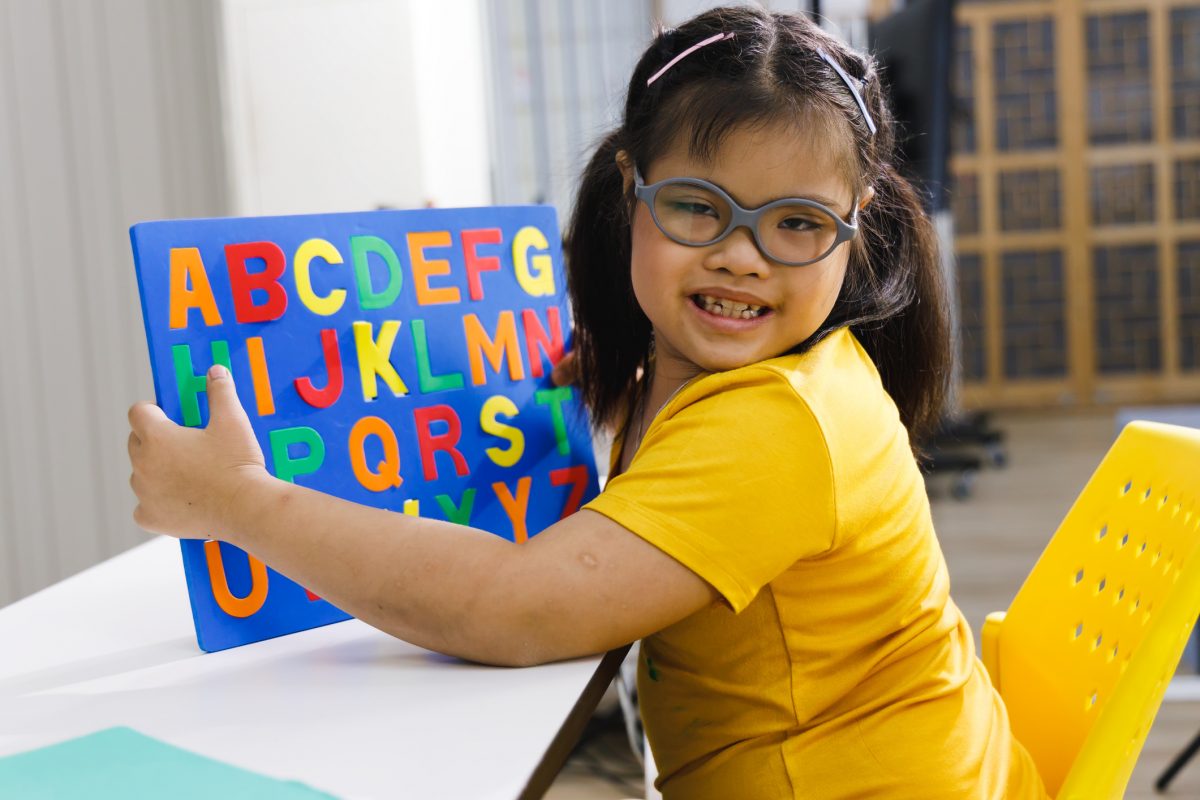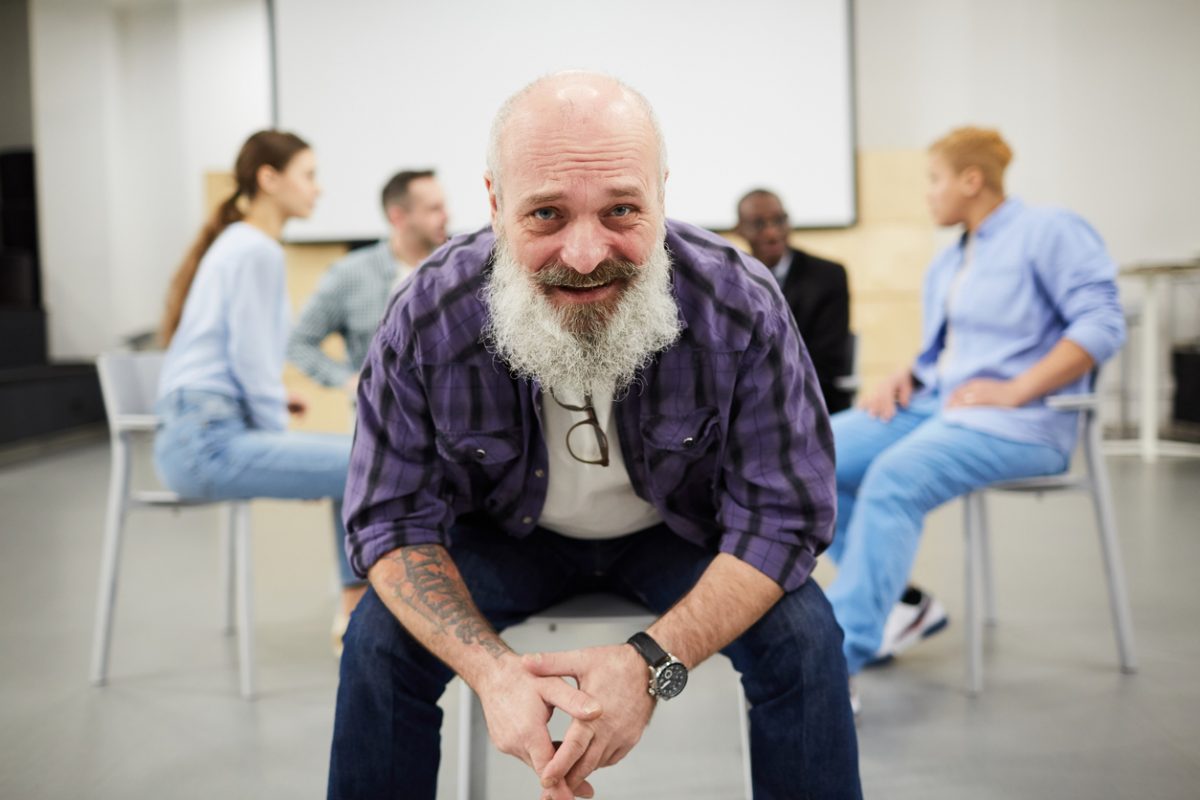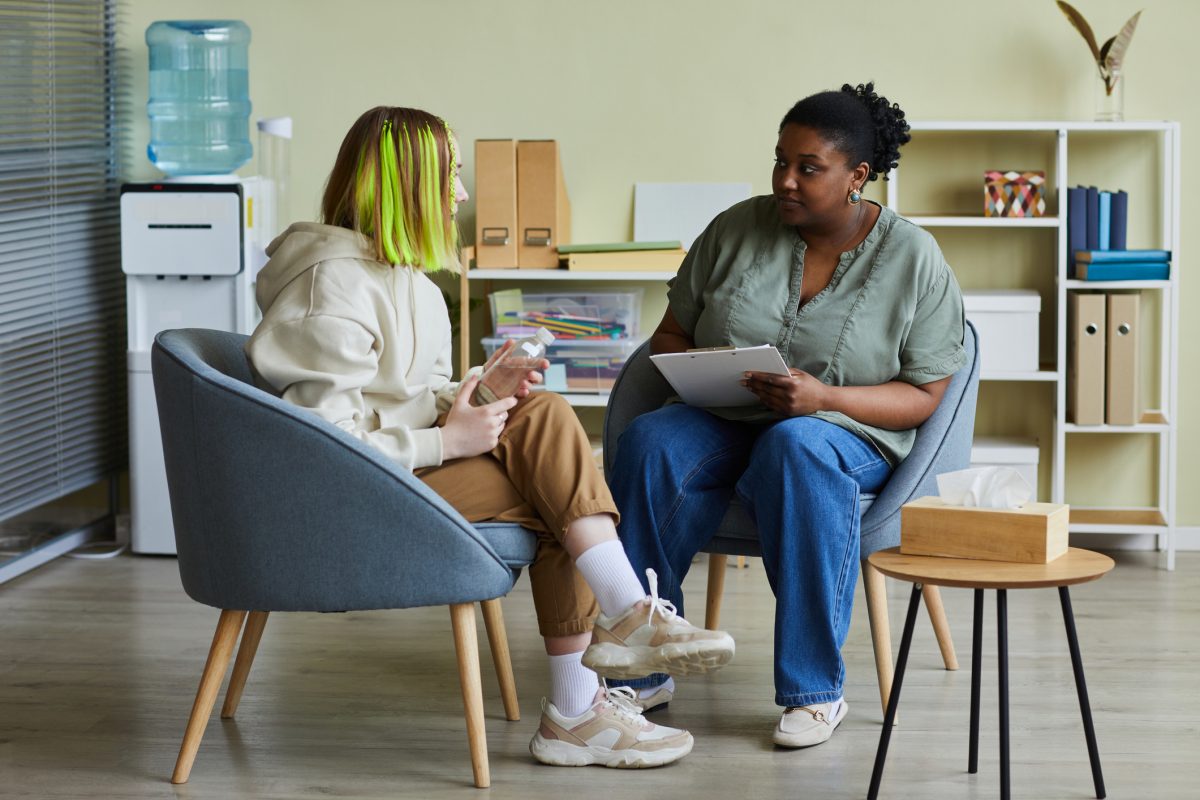











Safeguarding
Solutions 4 Health takes its responsibilities seriously, ensuring that there are processes in place within the organisation to protect children, young people and adults at risk from abuse and harm. Solutions 4 Health has policies in place that offer all staff clear guidance on how to respond to concerns. All staff are expected to attend training and supervision relevant to their role and responsibilities.
Solutions 4 Health works in partnership with statutory agencies and the wider health economy to prevent abuse and neglect and promote the health and well-being of children, young people, and adults at risk.
Safeguarding means protecting a citizen’s health, wellbeing and human rights, enabling them to live free from harm, abuse and neglect. It is an integral part of providing high-quality health care. Safeguarding children, young people and adults is a collective responsibility.
Solutions 4 Health (S4H) has a statutory duty under the Children’s Acts of 1989 and 2004 to ensure that the services provided to children and young people are affected and safe. This means that we ensure that all staff who come into contact with children, young people, and their families during the course of their work are able to recognise potential abuse and neglect and know how to respond when this is suspected.
This includes staff who don’t have a direct role with children or child protection.
Abuse to children and young people may take the form of physical abuse, emotional abuse, sexual abuse or neglect.
Solutions 4 Health safeguards adults at risk of harm by promoting good practice and quality care through training, education and effective processes within a multi-agency framework.
Any staff member (clinical or non-clinical) has a duty of care to report their concerns to the correct authority within agreed timescales.
An ‘adult at risk’ is defined as any person aged 18 years and over who is or may need care services by reasons of mental health issues, learning or physical disability, sensory impairment, age or illness and who is or may be experiencing abuse or neglect and may not be able to protect themselves from harm.
Abuse to adults at risk may take the forms of physical abuse, emotional abuse, sexual abuse, neglect, financial or material abuse, discrimination, modern slavery, domestic abuse and self-neglect.
The Solutions 4 Health safeguarding team offers advice, support, and training to all staff members on safeguarding matters. We aim to provide accessible, high-quality, evidence-based safeguarding support, supervision, and training for all staff working with children, young people, and their families. We ensure national recommendations, lessons learned, and guidance for good practice are implemented.
Domestic abuse affects 1 in 4 women, 1 in 6 men and 1 in 7 children in our society. The effects of domestic abuse on victims, survivors, babies, children, young people, and families are far-reaching and devastating. At the most extreme level, it can result in death. Prolonged physical, emotional and psychological abuse can result in significant distress, anxiety and trauma, which may last forever. Children are now considered victims in their own right. Domestic abuse is significantly underreported due to the nature of the abuse.
As with all safeguarding issues, domestic abuse awareness and responsiveness is everyone’s responsibility.
Domestic abuse definition:
The Home Office statutory guidance defines Domestic abuse as: “the presence of above behaviour of a person towards another person, who are each aged 16 years or over and are personally connected to each other, which may be a single incident or a course of conduct and may consist of any of the following:
- Physical or sexual abuse
- Violent or threatening behaviour
- Controlling or coercive behaviour
- Verbal abuse
- Emotional, psychological or other abuse
- Harassment or stalking
- Economic abuse
- Technology-facilitated abuse
- ‘Honour’ – based abuse
The Home Office Domestic abuse statutory guidance defines a child as a victim of domestic abuse if the child sees, hears or experiences the effect of the abuse.
So-called ‘Honour’ based abuse/ violence is a crime or incident involving violence, threats of violence, intimidation, coercion or abuse (including psychological, physical, sexual, financial or emotional abuse), which has or may have been committed to protect or defend the honour of an individual, family and or community for alleged or perceived breaches of the family and or community’s code of behaviour.
So-called ‘Honour’ based abuse is perpetrated by people who claim to be upholding the so-called honour of a family or community and can include forced marriage, coercive control and even murder.
Female Genital Mutilation (FGM) is a procedure where the female genitals are deliberately cut, injured or changed, but there are no medical reasons for this to be done.
FGM is also known as female circumcision or cutting and is usually carried out on young girls between infancy and the age of 15, most commonly before puberty.
Female Genital Mutilation is illegal in the UK and is child abuse; staff have a legal responsibility to report concerns about this practice relating to girls under the age of 18 years.
Prevent is part of the Government counter-terrorism strategy CONTEST and is designed to safeguard vulnerable people and communities from the threat of radicalisation and being drawn into terrorism.
The aim of Prevent is to stop people from becoming terrorists or supporting terrorism. Prevent also extends to supporting the rehabilitation and disengagement of those already involved in terrorism.
Healthcare practitioners and professionals have a key role in Prevent as they will meet and treat people who may be susceptible to radicalisation. This includes not just violent extremism but also non-violent extremism, which can be reasonably linked to terrorism.
A person’s susceptibility to radicalisation may be linked to their having underlying vulnerabilities. A significant proportion of work under the Prevent duty in healthcare relates to safeguarding vulnerable people at risk of exploitation and abuse.
Healthcare professionals should consider both the persons best interest and the public interest and if they believe a service user is being radicalised will undertake a prevent referral in line with the Prevent Duty.
Looked After Children
A child is ‘looked after’ (in care) if they are in the local authority’s care for more than 24 hours. Children can be in care by agreement with parents or by order of a court. Children who are looked after may be living:
- With foster parents
- At home with their parents under the supervision of children’s social care
- In a residential children’s home
- With extended family members (known as kinship placements)
- With friends of the family or other connected person
- Other residential settings like residential schools or secure units
Children who are looked after have additional vulnerabilities and often face a number of additional risks. It is everyone’s responsibility to make sure that children who are looked after are safeguarded.
For safeguarding support in the first instance, please contact your team lead and or team manager.
For additional support and guidance contact:
Associate Director of Safeguarding:
- Kirsty Edgson
- Kirsty.edgson3@nhs.net
- 07485 906 316
Clinical Director:
- Michelle Cole
- michelle.cole21@nhs.net
- 0776 608 3062
Safeguarding Children:
If you are concerned that a baby, child or young person is being harmed through abuse or neglect and requires immediate protection:
- Contact the Referral and Assessment Service on 01753 875362 and send the electronic Multi-Agency Referral Form (MARF) to sloughchildren.referrals@sloughchildrenfirst.co.uk (operating hours are 9am to 5pm)
For general enquiries call 01753 477321 between 9am and 5pm.
For emergencies outside of Monday to Friday, 9am-5pm, call the Emergency Duty Team on 01344 351999 email: EDT@bracknell-forest.gov.uk or dial 999.
Further information: Visit Emergencies/Concerns – Slough Children First
Safeguarding Adults
If you are concerned that an adult is being harmed:
- In an emergency, call the Police on 999.
- If you think there has been a crime but it is not an emergency, call the Police on 101.
- Contact Slough Adult Social Care Services:
Monday to Friday, 9am to 5pm:- Call 01753 475111
- Email safeguarding.adults@slough.gov.uk.
- Contact Slough Adult Social Care Services:
Out of normal office hours, call the Emergency Duty Team on 01344 786543
You can report concerns about residential, hospital or domiciliary care to CQC at enquiries@cqc.org.uk or by using the Contact us by online form – Care Quality Commission (cqc.org.uk)
Slough Safeguarding Adults Partnership – Report abuse (sloughsafeguardingpartnership.org.uk)
Domestic Abuse Services
Contact Hestia
- Hestia opening hours are Monday – Friday, 9am – 5pm.
- Email Slough.IDVA@hestia.org or call 01753 477352
- Family Information Service on 01753 476589 or email FIS@slough.gov.uk for help and signposting to local and national services.
Karma Nirvana is a British Human Rights Charity which supports all victims of ‘so called’ honour based abuse and forced marriage.
- Telephone 0800 5999 247 or via email or post through their website.
The National Domestic Abuse Helpline website is easy to access on your mobile. The National Domestic Abuse Helpline Free 24 hour Helpline on 0808 2000 247 also offers telephone translation services for callers whose first language is not English and BT Type Talk for callers with hearing difficulties. This helpline provides support and the opportunity to access refuge services.
For free, fast injunction services please call the National Centre for Domestic Violence on 0800 970 2070 or visit their website for further details.
Prevent
For more information visit: Prevent | The Link (slough.gov.uk)
Prevent referral form:
https://thelink.slough.gov.uk/file-download/download/public/3815
Completed referral forms to be sent to:
preventreferralsslough@thamesvalley.pnn.police.uk
Contact: 01865 555618
Safeguarding Children
Safeguarding Children:
If you are ever concerned that a child is in immediate danger, call the police on 999.
If you are concerned about a child or young person:
- report a concern about a child or young person as a professional online
- call us on 0191 277 2500 (weekdays 8:45am to 5pm)
Out of office hours – If the issue cannot wait until the next working day, call our Emergency Duty Team on 0191 278 7878.
For more information: Report a concern about a child or young person | Newcastle City Council
Safeguarding Adults
In an emergency always call: 999
Report suspected adult abuse and neglect to:
- Community Health and Social Care Direct
- Online referral form
- Email: scd@newcastle.gov.uk
Opening hours: Monday to Friday, 8am to 5pm
- Phone: 0191 2788377
- Mobile: 0796 8474891
In an emergency out of office hours contact the Emergency Duty Team:
- Opening times: 5pm to 8.30am on weekdays and 24 hours at weekends
- Helpline outside normal hours: 0191 278 7878
- Report abuse or neglect: 0191 278 8156
For more information visit: Contact Care and Support for Adults | Newcastle City Council
Domestic Abuse
Newcastle Integrated Domestic Abuse Service (NIDAS)
- Telephone: 0191 226 3688
- In an emergency call 999
- Website: newcastleidas.co.uk
- Email: nidas.team@changing-lives.org.uk
For more information visit: Newcastle and national domestic abuse services | Safe Newcastle
Prevent
If you are concerned about someone who may be at risk of radicalisation, and you wish to discuss your concerns then please get in touch with prevent@newcastle.gov.uk.
Where a concern is raised that a person may be being drawn into supporting terrorism, a Prevent referral should be made using the Prevent referral form.
Anti-Terrorist Hotline:
- If you are concerned about a person who may do something to harm themselves and/or other people, you can call the Anti-Terrorist Hotline on 0800 789 321.
Report online material promoting terrorism or extremism:
- You can report any illegal terrorist information, pictures, videos found on the internet through the Government’s website: https://www.gov.uk/report-terrorism
For more information visit: Prevent in Newcastle | Newcastle City Council
Safeguarding Children
Worried about a child?
If you are worried about a child and wish to speak to someone
- Call Children’s Services on: 01302 737777 between 8:30am and 5pm, Monday to Friday
- Outside of these hours: 01302 796000.
If this concern is not deemed to be immediate you will be directed to fill in the online form.
You can email securely with additional information at ChildAs@doncaster.gov.uk
For more information visit: Contact Children’s Services – City of Doncaster Council
General enquiries:
- We welcome your comments about any part of our services. Please do so by emailing geneenq@doncaster.gov.uk or calling 01302 736000
Safeguarding Adults
Concerned about an adult at risk:
To report a crime to the police, use the following numbers:
- In an emergency: 999
- Non-emergency: 101
Complete the online form, providing all the relevant information required.
- Report a concern
- Email: SAH@doncaster.gov.uk
- Phone
- Emergency out of hours number: 01302 796000
- For general information, advice and guidance about safeguarding adults call the safeguarding adults unit on: 01302 737063
For more information visit: Safeguarding Adults – City of Doncaster Council
Domestic Abuse
Doncaster Domestic Abuse Hub referral form for victims of domestic abuse
- Professionals wanting to refer a victim of domestic abuse to the Doncaster domestic abuse hub must ensure that they obtained consent for the referral and then complete the Hub referral form.
- On completion, please email the form to dahub@doncaster.gov.uk
- COMPLETE THE PRACTITIONER HUB REFERRAL FORM
For more information visit: Domestic abuse – Support for victims – City of Doncaster Council
Need to talk?
If you would like to speak to a domestic abuse worker in the Domestic Abuse Hub telephone 01302 737080, email dahub@doncaster.gov.uk or complete our online self-referral form:
DOMESTIC ABUSE SELF-REFERRAL FORM
We will aim to respond as soon as possible and usually within 2 working days.
Outside of the office hours some helpful numbers are:
- National 24 Domestic Abuse Helpline – 0808 2000 247
- St. Leger homeless out of hours – 01302 737199
- Mental Health Crisis Team – 0800 804 8999
- Samaritans – call free on 116 123 or email jo@samaritans.org
Prevent
Prevent is delivered in Doncaster by the Community Safety Team. For advice or support on making a referral please visit:
If there is immediate danger, always call 999.
Safeguarding Children
Protect a child or young person
- In an emergency or if someone is in immediate danger, call 999.
If you think that a child has been harmed or is being neglected, contact the Multi Agency Safeguarding Hub (MASH) on
- 01432 260800 – available 8.45am to 5.15pm Monday to Thursday, and 8.45 to 4.45pm Fridays
- Out of these hours 01905 768020
Email: ReferralsCYPD@herefordshire.gov.uk
Referral form: Multi-agency Referral Form (MARF)
Guidance: West Midlands Child Protection Procedures website.
- Emergency Duty Team
- (01905) 768020 (out of hours number for when MASH are unavailable) – contact by phone only.
For more information visit: Concerned About a Child? – Herefordshire Safeguarding Boards and Partnerships
Safeguarding Adults
To report a concern about an adult ring:
- 01432 260715 (weekdays 9am to 5pm)
- 0330 123 9309 (after 6pm, weekends and public holidays)
Emergencies
- If someone is injured or in immediate danger dial 999
- If there is no emergency but you think a crime may have been committed ring West Mercia Police on 0300 333 3000 or 101
Contact us
- Email: safeguarding@herefordshire.gov.uk
- Referral form: referral form (Word document),
For more information visit: Protect someone – Herefordshire Council
Domestic Abuse
Help and advice
- In an emergency always dial 999
- West Mercia Women’s Aid Helpline 24 hours a day on 0800 783 1359. Calls are free from a landline.
- Men’s Advice Line on 0808 801 0327 (Monday to Friday 9am – 5pm)
- West Mercia Women’s Aid website and the
- Men’s Advice Line website
Prevent
If you believe someone is in danger of being exploited or becoming radicalised,
call the national police Prevent advice line on 0800 011 3764, to share concerns with specially trained officers, open 9am to 5pm every day.



